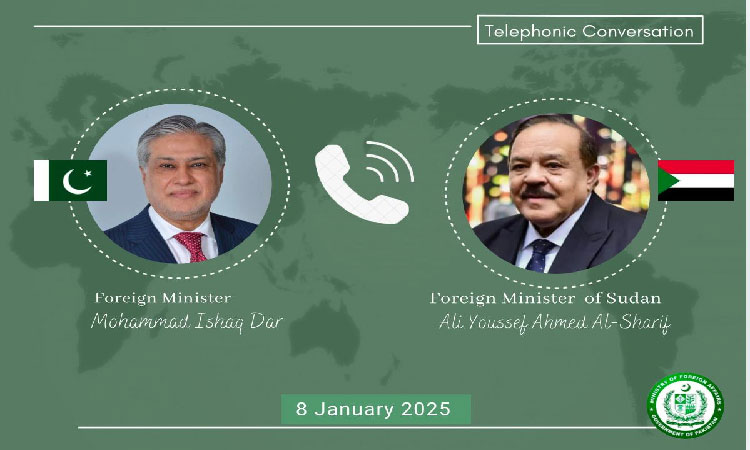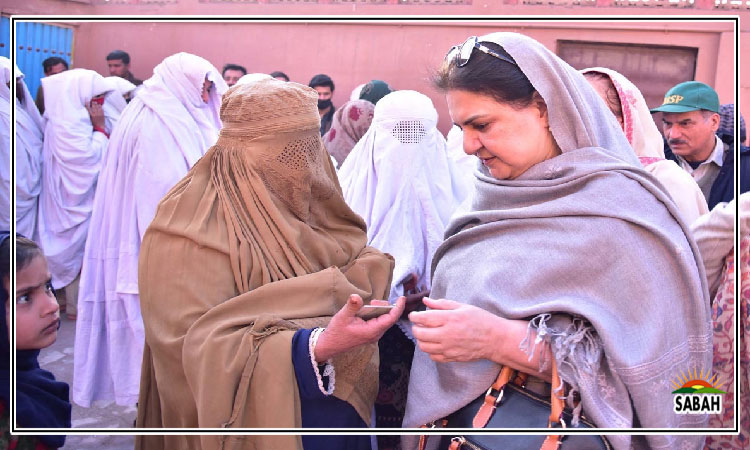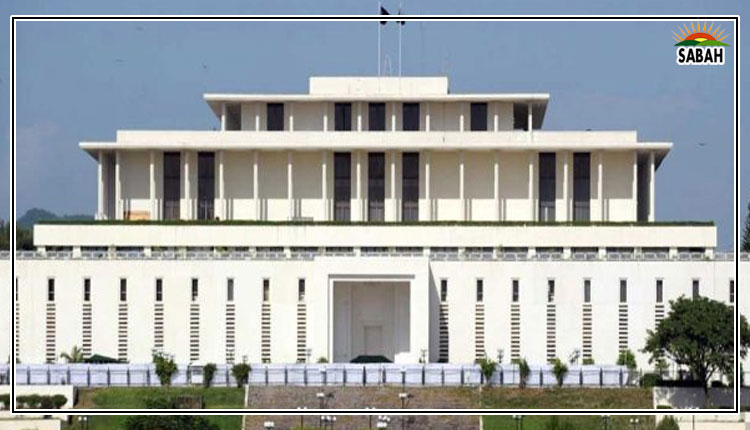Meloni’s dilemma…Dr Imran Khalid
Amidst their divergent ideological outlooks, US President Biden forged an unlikely alliance with Italian PM Giorgia Meloni during her recent visit to Washington (July 27), and he appears to have ostensibly succeeded in ensnaring her into the American orbit on Italys position on the Belt and Road Initiative (BRI).
Though Meloni did not mention anything pertaining to Italys participation in the BRI after 2024 at their joint talks with the media, it seems she has embraced the US stance on this matter to some extent. This development could be seen as a strategic win for the US, possibly reconfiguring the geopolitical landscape and challenging Chinas ambitions under the grand framework of the BRI.
While advancing two vital strategic aims from Bidens perspective, Melonis visit to the US can be termed as rather positive. First, it secured Italys unwavering commitment to bolster Ukraines military endeavours in countering Russia, strengthening transatlantic solidarity. Second, and of equal significance, it offered indirect reassurance that Italy will part ways with Chinas BRI once its pact with the country lapses in March 2024.
The Biden Administration had previously hailed Melonis predecessor economist and former Italian prime minister Mario Draghi for his intellectual prowess and as one of Americas most staunch allies across the Atlantic.
However, with Melonis ascent to power in last September as the first far-right leader to serve as premier in Italys post-World War II republic, the Biden Administration was seriously concerned about the ascent of hard-right populism, both in Europe and the US.
You just saw whats happened in Italy in that election. Youre seeing whats happening around the world. And the reason I bother to say that is we cant be sanguine about whats happening here, either. Biden said in an address to the Democratic Governors Association after Melonis victory.
Melonis political party the Brothers of Italy, named after the opening words of Italys national anthem traces its origins back to a faction formed by nostalgia-driven advocates of Mussolinis fascism. However, Giorgia Meloni, undeterred by historical associations, vehemently rejects any suggestion of yearning for Mussolinis era.
In her autobiography, she unequivocally dismisses notions of holding a cult-like admiration for fascism, asserting her ideological distance from such controversial vestiges of the past. During her visit to Washington, Meloni forthrightly acknowledged the ideological disparities between her party and the Democrats. Yet, she dismissed these divergences as obstacles to collaborating with the Biden Administration.
Evidently, Im in sync with the Republican Party. That doesnt impede me from having an excellent relationship [with the US president], said Meloni at a news conference following her meeting with Biden. This squashy approach certainly made it easier for Biden to seek her cooperation on the subject of the BRI. While acknowledging that the meeting broached the topic of Italys involvement in the BRI, Meloni tried to make clear that Washingtons stance on the matter was not imposed upon her.
Although eager to affirm her autonomy, she emphasized that Washington DC did not dictate her choices. However, observers discern tangible signs of US influence in her approach to the BRI. While Meloni seeks to demonstrate sovereignty over decision-making, the complexities of geopolitics often intertwine national interests and international pressures, as evident by her tactical ambiguity on the matter of the BRI.
Apparently, Meloni confronts a defining choice, torn between preserving Italys interests and bowing to Washingtons anti-China narrative. The BRI, a strategic target of US counteraction, stands at the heart of her decision.
Italys former prime minister Giuseppe Conte shook the geopolitical landscape by inking the memorandum of understanding on BRI cooperation with China back in March 2019. This bold step made Italy the first G7 nation to join the initiative, much to the dismay of the EU and the US. Such bold foreign policy decisions are emblematic of Italys tumultuous political scene, where a revolving door of more than 10 prime ministers since 2000, including Silvio Berlusconi, has left an indelible mark on its politics.
The rhetoric of Italys independence, touted by successive prime ministers, is in contrast with the reality. The presence of seven US military bases, hosting army, navy, and air force personnel, casts a long shadow over the countrys claim about autonomy in foreign policy. Recently, under Melonis leadership, Rome has further aligned itself with the US in countering Chinas rise.
Strengthening ties with Taiwan and collaborating on defence matters with Japan and India reflect Italys proactive role in the strategic manoeuvring of global powers in the Asia Pacific particularly.
However, Italys geopolitical alignment with the US has not translated into any tangible economic gains. The Italian economy is passing through a long phase of stagnation, spanning 16 years, which has been further aggravated by the Covid-19 pandemic and the Ukraine conflict. Amidst Italys unremarkable economic performance, it becomes prudent for the country to consider persisting with initiatives like the BRI, which offer the prospect of vital infrastructure development and economic expansion.
Both Meloni and her predecessor Draghi have exhibited a consistent commitment to aligning Italy with Americas assertive and militaristic agenda, often at the expense of their countrys economic interests.
Following Melonis meeting with Biden, the prospect of Italy decisively withdrawing from the BRI has gained heightened importance. Such a move could potentially place Italy on the wrong side of the divide with potential repercussions on its long-term economic interests.
In the days ahead, Melonis stance on the BRI could hinge on two crucial factors. First, her anticipated visit to China, and a meeting with Chinese President Xi Jinping, play a role in shaping her perspective. But, on the other hand, the impending Italian presidency of the G7 club in 2024 adds further complexity to the equation, as it may also entangle her approach to the BRI in a web of intricate equations.
Courtesy The News












